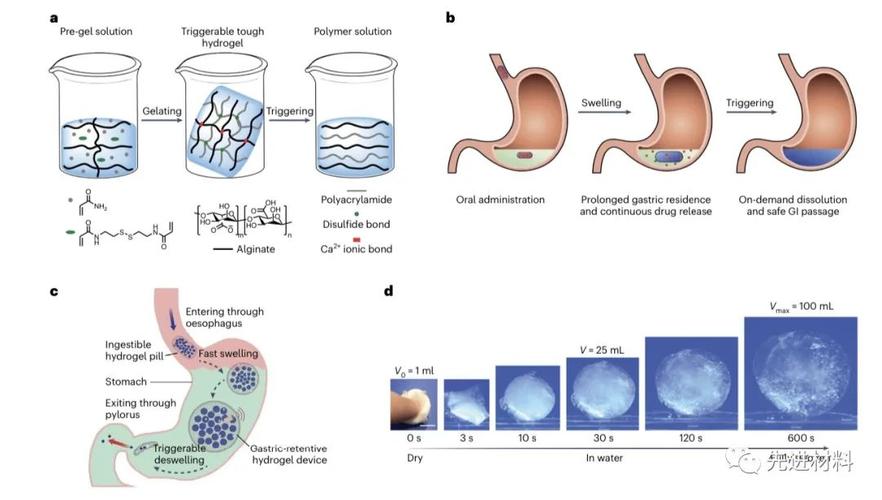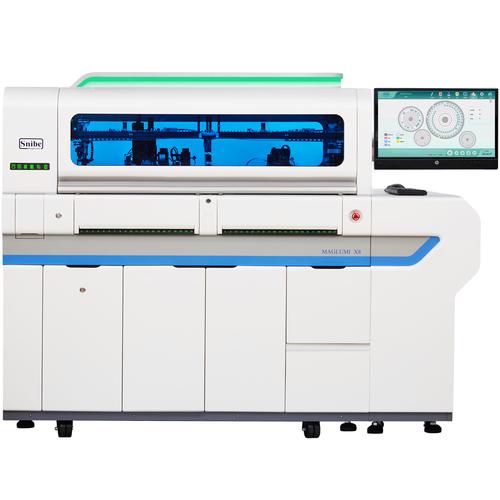Biomedical Engineering MSc ETH: A Comprehensive Guide
Embarking on a Master’s degree in Biomedical Engineering at ETH Zurich is a significant step towards a career at the intersection of engineering and medicine. This article delves into the various aspects of the program, providing you with a detailed overview to help you make an informed decision.
Program Overview
The Master’s program in Biomedical Engineering at ETH Zurich is designed to equip students with the knowledge and skills necessary to address complex challenges in healthcare. The program spans two years, with a focus on both theoretical and practical aspects of biomedical engineering.

Curriculum
The curriculum is structured to provide a comprehensive understanding of the field. Here’s a breakdown of the key components:
| Year 1 | Year 2 |
|---|---|
| Core Courses | Elective Courses |
| Biomechanics | Neuroengineering |
| Medical Imaging | Regenerative Medicine |
| Biocompatibility and Tissue Engineering | Biomedical Signal Processing |
| Research Project | Master’s Thesis |
Students are required to complete a total of 120 ECTS credits, with a minimum of 60 ECTS in elective courses. This flexibility allows students to tailor their studies to their specific interests and career goals.
Facilities and Resources
ETH Zurich boasts state-of-the-art facilities and resources to support its students. Here are some of the key highlights:
- Research Laboratories: The university has well-equipped research laboratories in various fields of biomedical engineering, including biomechanics, medical imaging, and tissue engineering.
- Computational Resources: Students have access to high-performance computing resources, which are essential for complex simulations and data analysis.
- Workshops: The university offers workshops on various engineering skills, such as 3D printing, microfabrication, and electronics.
Admission Requirements
Admission to the Master’s program in Biomedical Engineering at ETH Zurich is highly competitive. Here are the key requirements:

- Undergraduate Degree: A completed Bachelor’s degree in Biomedical Engineering, Bioengineering, Mechanical Engineering, Electrical Engineering, or a related field.
- Language Proficiency: Proficiency in English is essential, as the program is conducted entirely in English. TOEFL or IELTS scores are required for non-native speakers.
- GRE Score: A minimum score of 155 in the quantitative section of the GRE is recommended.
- Letters of Recommendation: Two letters of recommendation from academic or professional sources.
Costs and Funding
The tuition fee for the Master’s program in Biomedical Engineering at ETH Zurich is approximately CHF 18,000 per semester for international students. However, there are various funding opportunities available, including scholarships, assistantships, and research grants.
Career Opportunities
Graduates of the Master’s program in Biomedical Engineering at ETH Zurich are highly sought after in various sectors, including:
- Research and Development: Biomedical engineers work on the development of new medical devices, diagnostic tools, and treatment methods.
- Industry: Many graduates find employment in pharmaceutical, biotechnology, and medical device companies.
- Academia: Some graduates pursue academic careers, conducting research and teaching at universities and research institutions.
Conclusion
Enrolling in the Master’s program in Biomedical Engineering at ETH Zurich is a valuable investment in your future. The program’s comprehensive curriculum, state-of-the-art facilities, and strong industry connections make it an excellent choice for students passionate about making a difference in healthcare.


